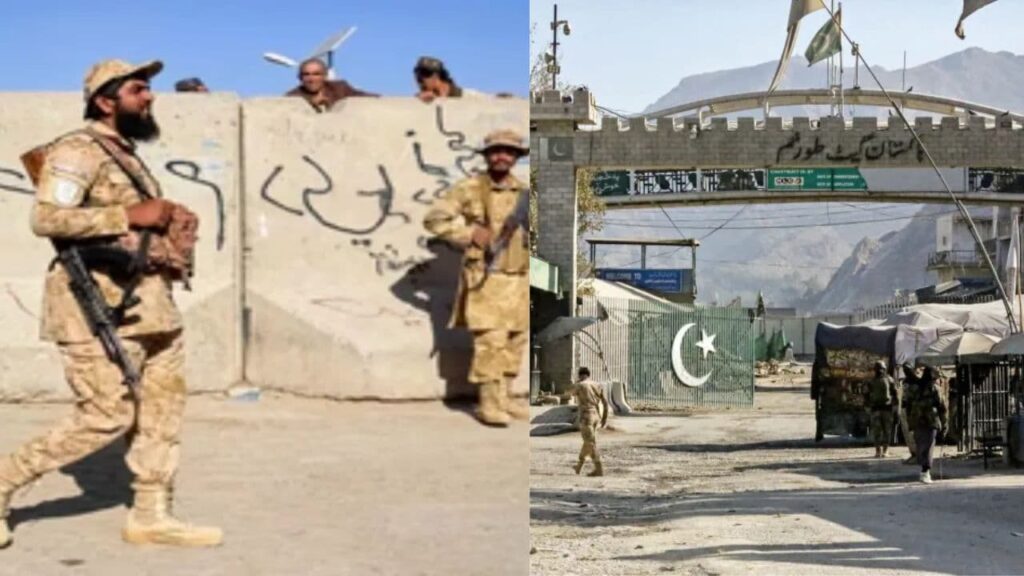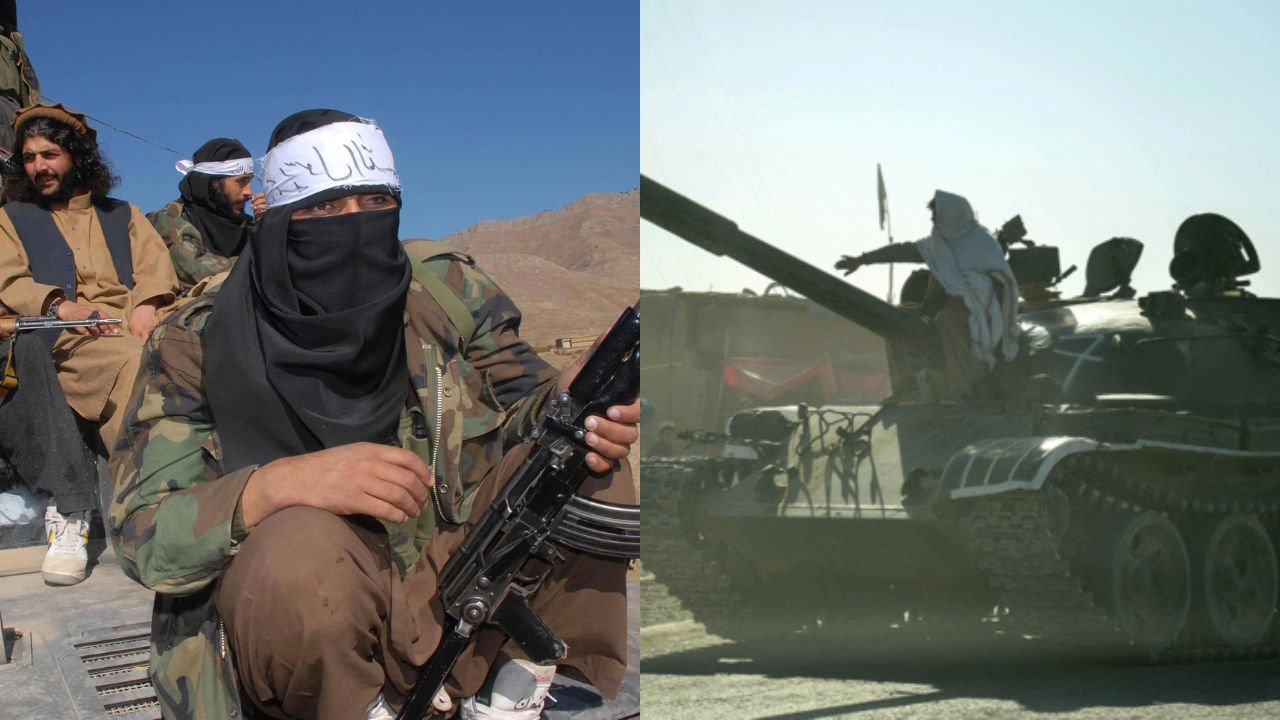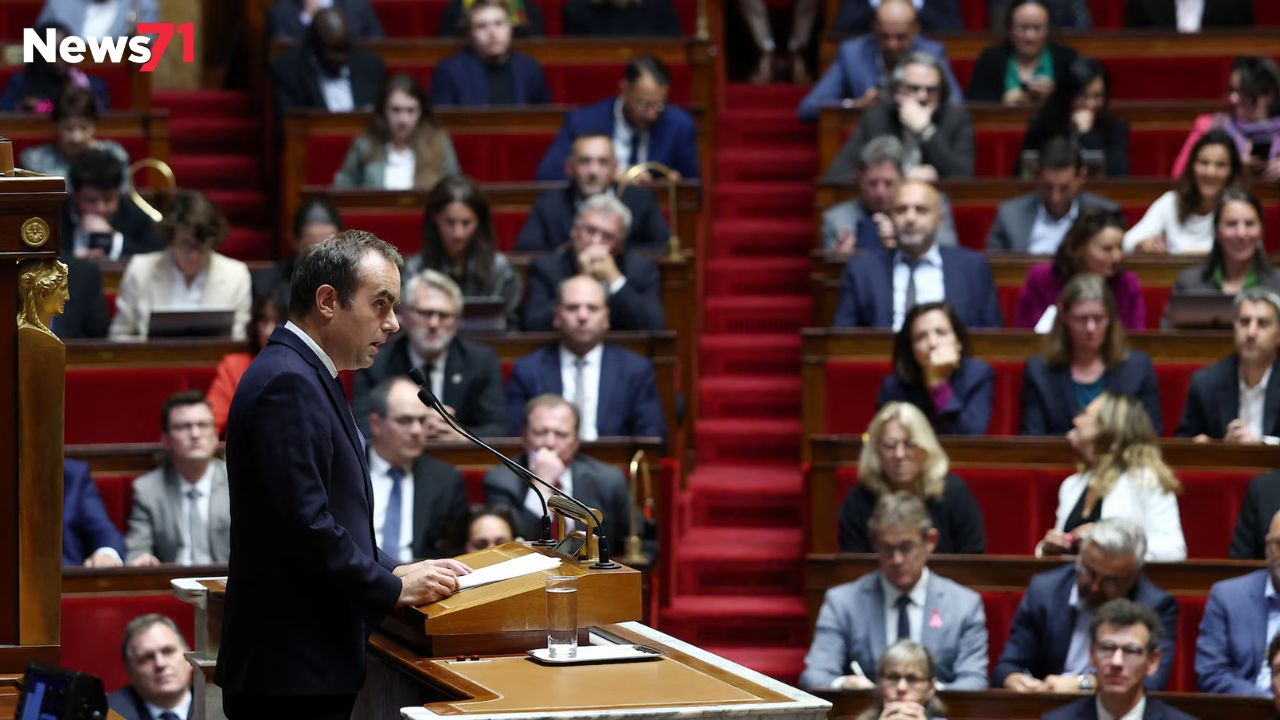Pakistan and Afghanistan Taliban-led government have announced a temporary ceasefire following a series of deadly border clashes and alleged Pakistani air strikes on Kabul and Kandahar. The truce, which both sides claim was requested by the other, began at 13:00 GMT on Wednesday and is set to last for 48 hours. Earlier in the day, a Taliban spokesperson reported that 12 civilians were killed and over 100 injured by Pakistani shelling, while Pakistan’s military stated it had killed 15 to 20 Taliban fighters in Spin Boldak district. Both sides accused each other of initiating the violence, and neither side’s claims could be independently verified. Tensions have been high since last week’s explosions in Afghanistan, which Kabul blamed on Islamabad. The Taliban denied these allegations, rejecting claims that they were harboring militants responsible for attacks inside Pakistan.
Pakistan’s Foreign Office said the ceasefire was intended to create space for constructive dialogue and to find a positive and peaceful solution to the escalating border dispute. The Taliban government confirmed that their forces had been instructed to respect the ceasefire as long as there is no further aggression. Reports from Pakistani state media suggested that Pakistan conducted air strikes in both Kandahar province and Kabul. While Islamabad has not officially acknowledged these operations, Taliban officials confirmed that explosions had occurred and that thick smoke could be seen rising above parts of Kabul. Medical workers at a local hospital reported at least 40 injured individuals, including several who were pronounced dead on arrival. Pakistan and Afghanistan
Afghan Taliban and Pakistan Reach Temporary Truce Deal After Deadly Border Clashes

Eyewitnesses in Spin Boldak, near the Afghanistan-Pakistan border, described hours of heavy gunfire and the sounds of jets and drones flying overhead. One local doctor said he had treated seven dead and 36 wounded, including men, women, and children. A Taliban official stated that hundreds of families have been displaced as fighting intensified overnight. The latest violence follows a weekend of fierce clashes, during which the Taliban claimed to have killed 58 Pakistani soldiers, while Islamabad reported killing over 200 Taliban fighters and affiliated militants. These figures could not be independently confirmed, but the ongoing conflict underscores the deep mistrust between the two neighbors. International reactions have called for calm. China, Russia, and the United States have urged restraint, with U.S. President Donald Trump even suggesting that Washington could help mediate peace. Meanwhile, UN special rapporteur Richard Bennett expressed deep concern over reports of civilian deaths and displacement, urging both parties to respect international humanitarian law and protect civilians.
Pakistan has long accused the Afghan Taliban of providing safe havens to the Pakistan Taliban (TTP), who continue to launch cross-border attacks. The Taliban government in Kabul, however, maintains that it does not support or shelter militant groups targeting Pakistan. The ceasefire, while temporary, offers a brief pause in a conflict that has already taken a heavy toll on both sides. Whether this fragile truce can pave the way for long-term stability remains uncertain, but for now, both nations are signaling a willingness to step back from the brink.Pakistan and Afghanistan






